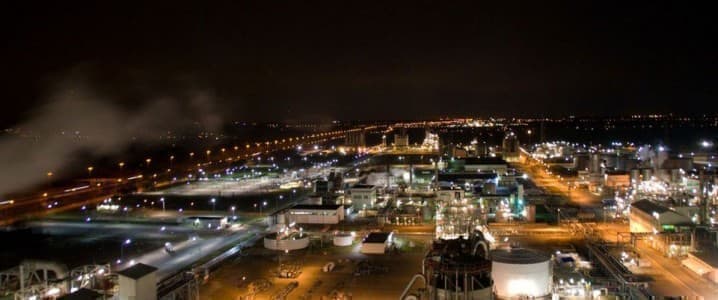There are three key reasons why the development of a world-class petrochemicals (petchems) sector is vital to Iraq’s future.
First, its heavy reliance on crude oil exports makes it extremely financially vulnerable both to downturns in the oil price and to the political whims of its fellow OPEC members, especially Saudi Arabia. Second, plain crude oil exports, particularly in the depressed pricing environment that is likely to endure for some time, do not provide the much higher export value that petchems do. Third, Iraq has the natural resources of both oil and gas that can make it a world leader in the petchems sector.
This in turn would allow it to develop major trade with the big buyers of petchems products in Asia relatively independent of Iran, which would allow it to put more political distance between Baghdad and Tehran and this would encourage more sustained investment from the U.S. Recent developments in Iraq may portend such development of the petchems sector, with the long-stalled Nebras project being a prime beneficiary at last.
The recent tentative deal with Total, if finalised, will provide a major boost to the equally long-delayed efforts to meaningfully make use of Iraq’s massive associated gas resources. Official estimates are that Iraq’s proven reserves of conventional natural gas amount to at least 3.5 trillion cubic meters (tcm), or about 1.5 percent of the world’s total, placing Iraq 13th among global reserve-holders, with around three-quarters of this figure comprising associated gas.
The International Energy Agency, though, estimates that ultimately recoverable resources will be considerably larger, at 8.0 tcm, of which around 30 percent is thought to be in the form of non-associated gas. Although at the moment it is only a ‘heads-of-agreement’ deal – alternatively known as a ‘letter of intent’ agreement – that is not binding, and may yet become derailed by the sort of concerns over corruption that have deterred many other foreign firms from doing business in Iraq, it may be that Total sees a growing presence in Iraq as a promising substitute for its forced withdrawal by the U.S. from Iran’s coveted Phase 11 project of the supergiant South Pars non-associated natural gas field. This deal, together with the 25-year deal just announced that the China Petroleum & Chemical Corp. (Sinopec) is to take a 49 percent stake in the Mansuriya non-associated natural gas site, provides Iraq with a solid base upon which to move the development of its petchems sector into the next phase.
Read More at the Source: https://oilprice.com/Energy/Energy-General/Will-Iraq-Become-A-Petrochemicals-Powerhouse.html

